This week we explore the letter to the Galatians as we discuss, "The Gospel."
Posts in "Essays"
These essays are slow reflections for real life—written from the conviction that faith is not about having all the answers, but about learning to trust God in the middle of ordinary days, honest doubts, and unfinished stories. You’ll find Scripture, personal experience, and gentle theological reflection woven together in a voice that’s more neighborly than preachy.
If you’re curious, weary, hopeful, or somewhere in between, pull up a chair. There’s no pressure to arrive—just an invitation to think, pray, and keep going.
Tap Room Tuesday Reflection: American Election Process
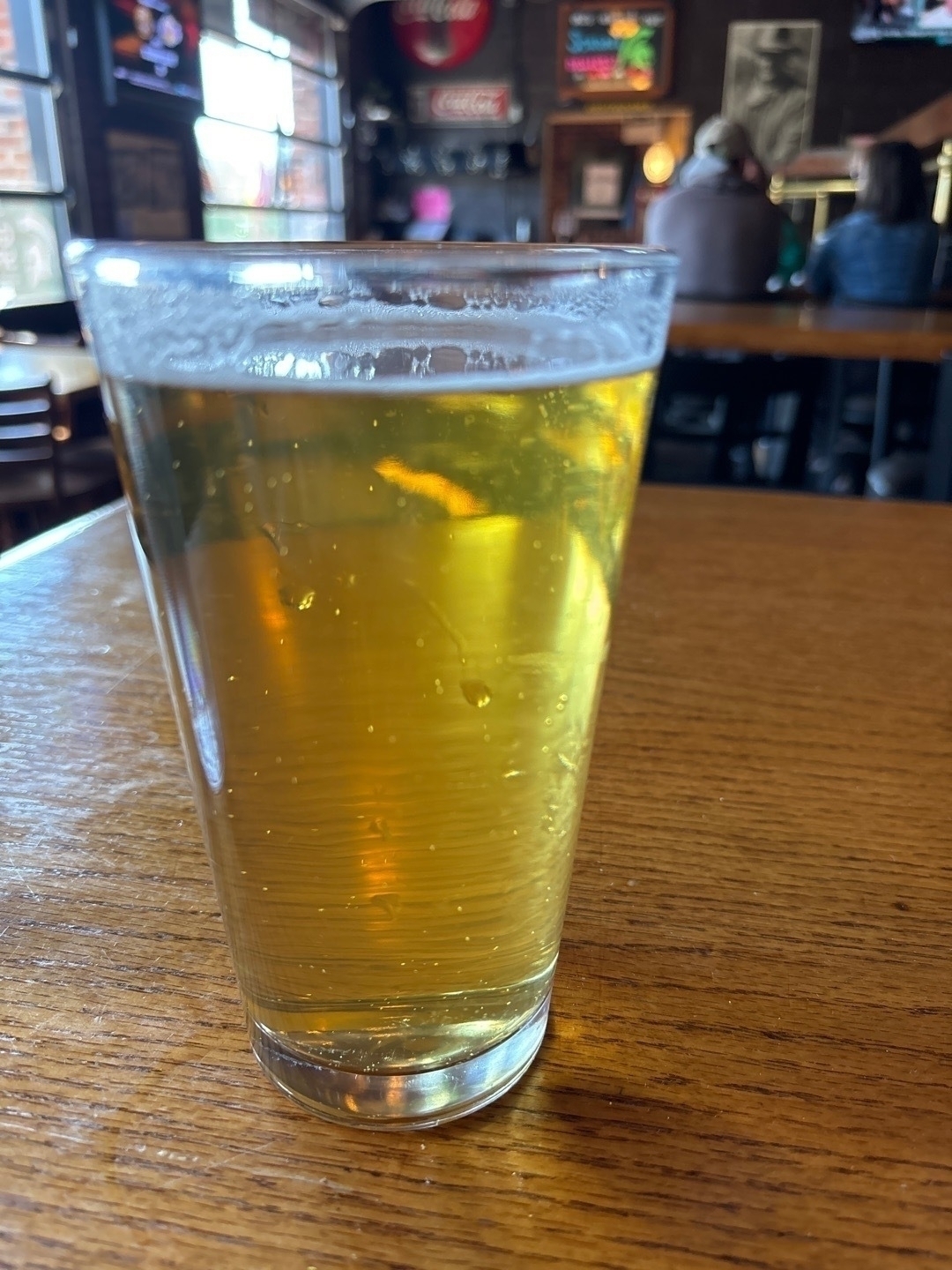
Tap Room Tuesday, October 8, 2024
The gang got together this week to discuss the American Election process. The opening little discussion was realizing how old we were as we shared our first experience voting for president.
Hospitals Not Courts

I think one of my favorite questions that Jesus is asked in the Gospels is, “Why do you eat and drink with tax collectors and sinners? (Luke 5:30)” Every time I read it, it makes me smile.
This particular questions comes after Levi is called to follow Jesus. Levi was a tax collector and was likely considered a traitor to his people. The tax collectors of any age, it seems, are despised by everyone. Levi, after being invited to follow Jesus throws a party at his place. His community shows up and the religious elite were not impressed. How could Jesus eat and drink with those people?
Tap Room Tuesday Reflection: Qualified Immunity
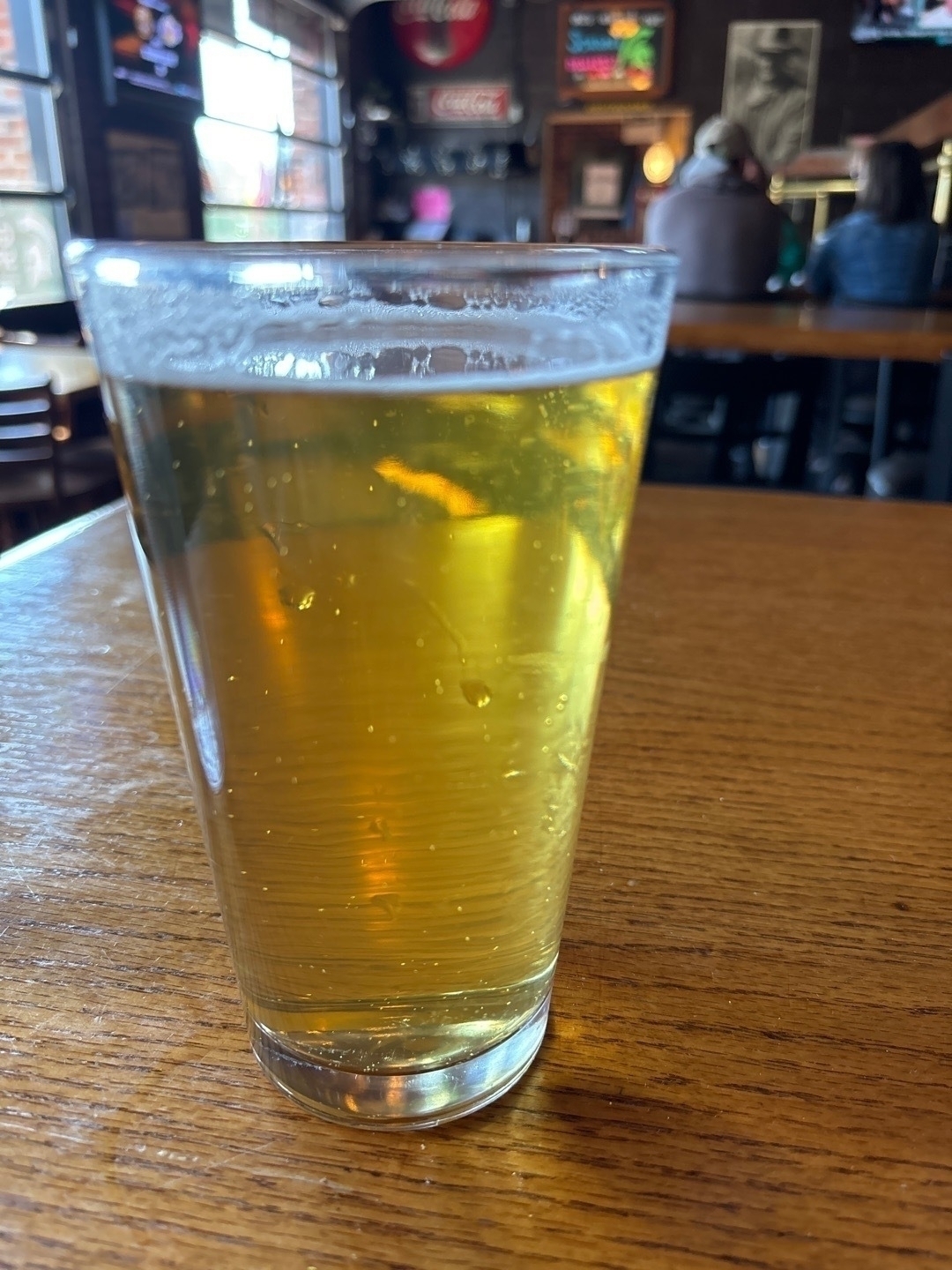
Tap Room Tuesday, October 1, 2024
This past Tuesday evening the crew once again gathered to talk face to face. We had a quality discussion about qualified immunity. But, we began with learning about one another’s favorite childhood movie. Psycho and The Brave Little Toaster were the two big surprises for me.
1 & 2 Corinthians
We explore briefly 1 and 2 Corinthians.
Tap Room Tuesday Reflection: What Makes a Good Citizen?
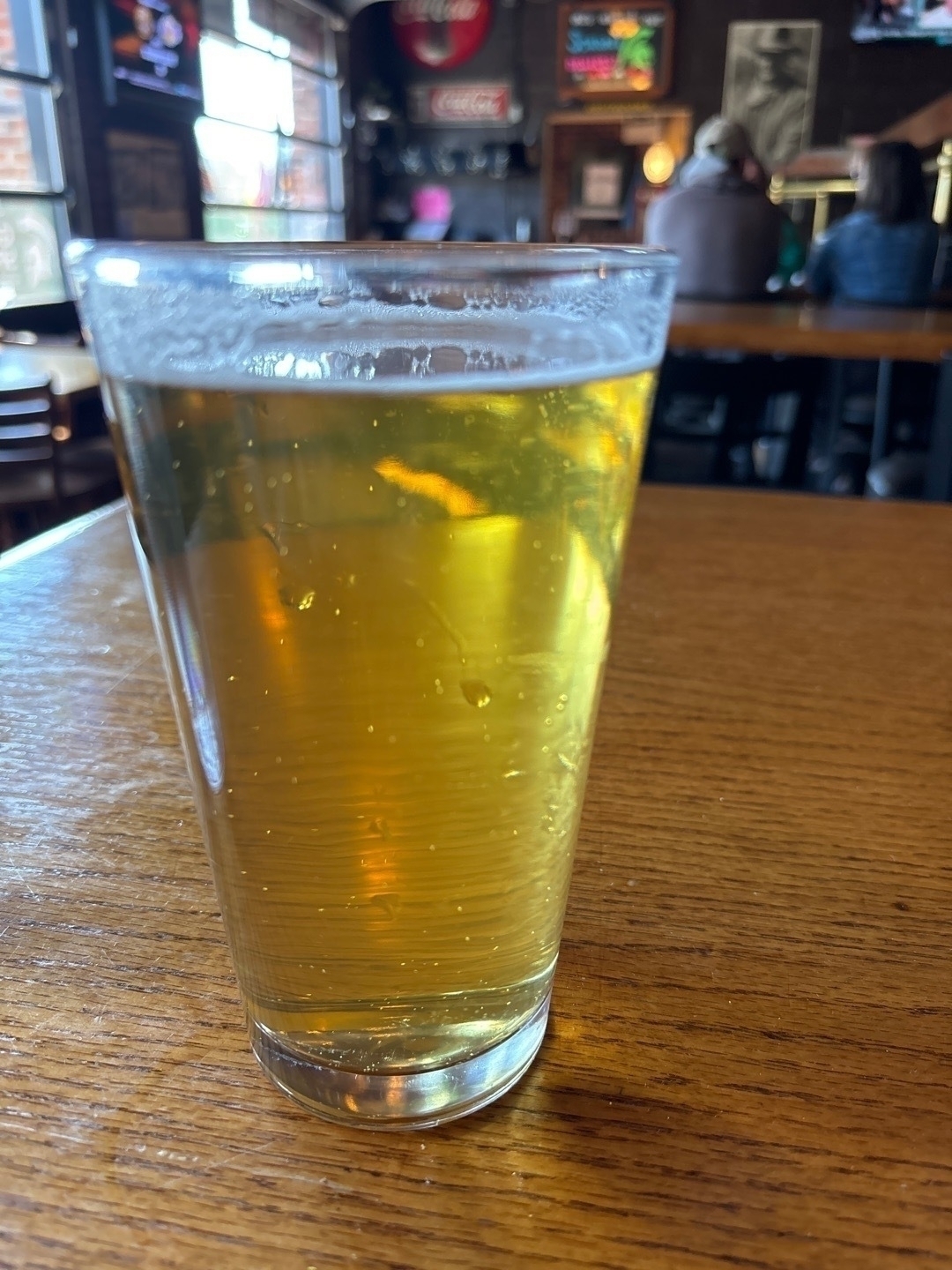
Tap Room Tuesady 9/24/2024
The crew was gathered around some deep fried food and cold beers for a conversation about what makes a good citizen. The buzz about the Tigers was growing. The dad jokes from Major Tom flowed. It was a pretty great night!
He Lives Here
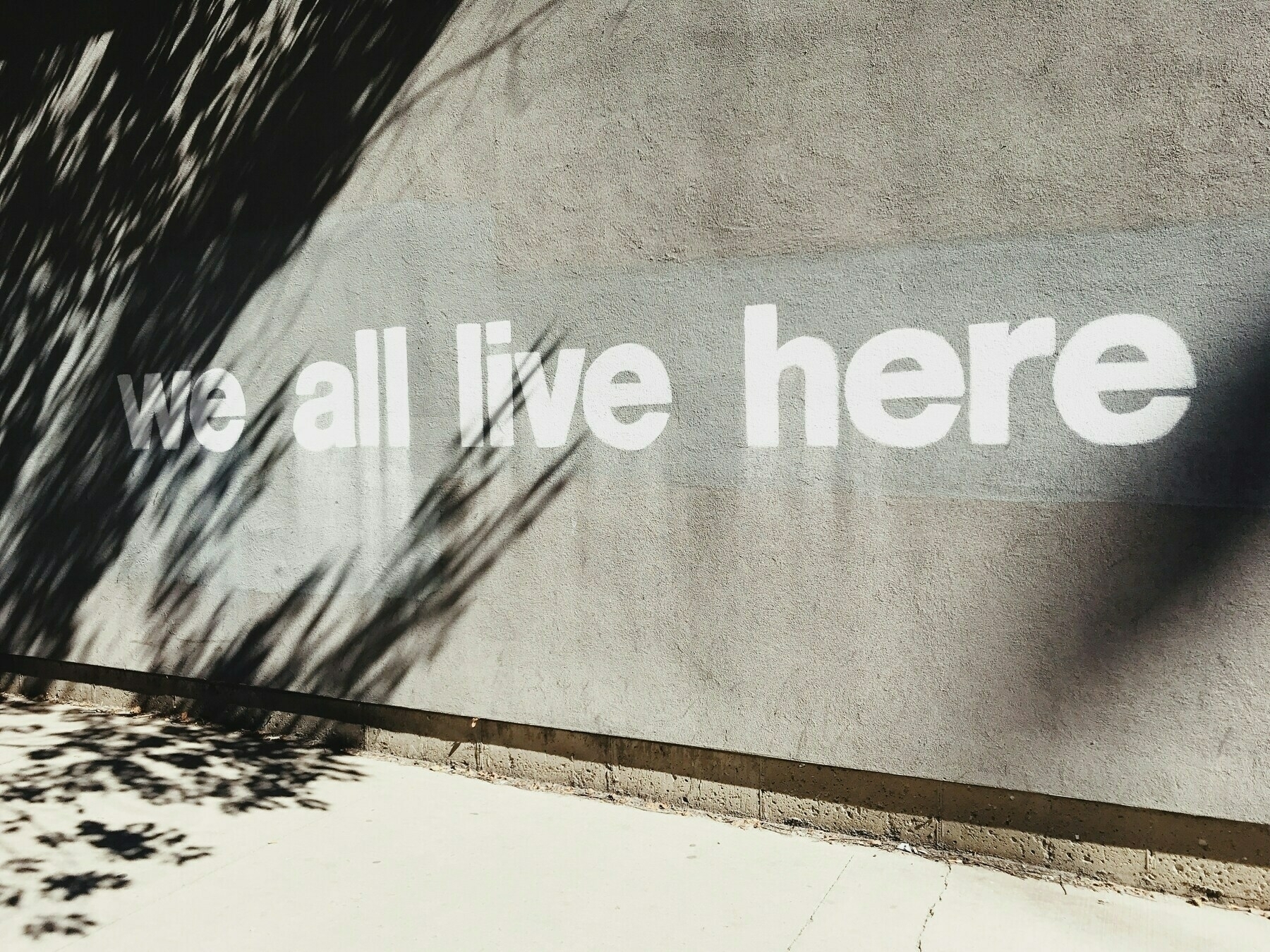
When I meet someone new one of the first questionst that I ask them is, “Where are you from?” Where someone is from tells you a lot about them. It provides a context for you to understand at least a little about how they might move through the world or the kinds of experiences that they may have.
One of the saddest things I’ve experienced was during a service trip to Eastern Kentucky. We were in Menifee County which is one of the poorest countries in the United States. The people there are kind and loving but they do not have much. I was talking with a mother and daughter. I had asked where they lived. Their faces fell, “Well the government just took our post office, they say where we live doesn’t exist anymore. Just like that where we’ve lived our whole lives just no longer exists. Cause, we can tell you that where they say we live, we sure as heck don’t.”
Romans
An overview of the heart of Romans
Acts
We dive into a discussion about the book of Acts.
Tap Room Tuesday Reflection: What Qualifies Someone for Public Office
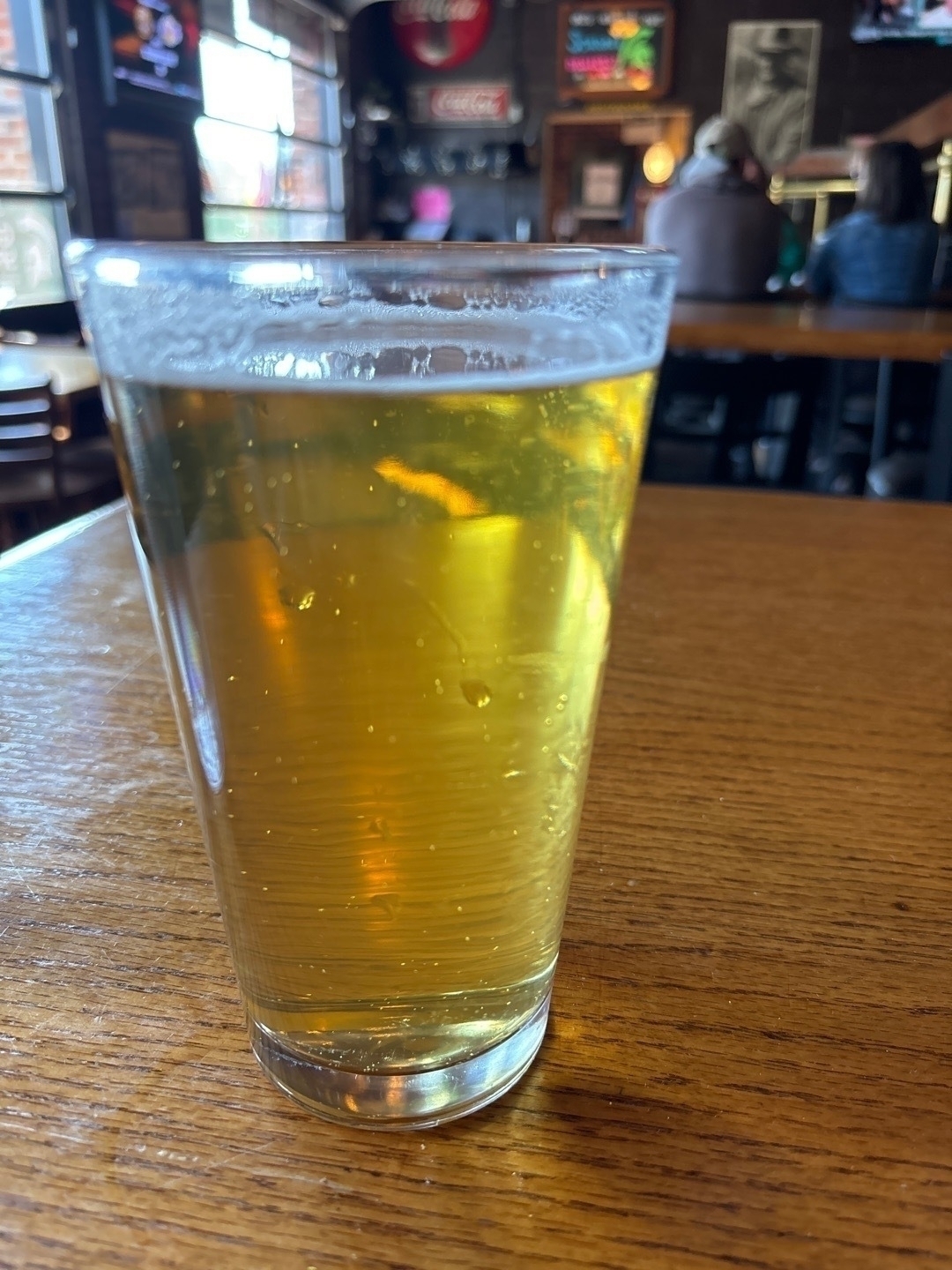
Tap Room Tuesday 9/17/24
Once again we gathered together to spend time talking about things that mattered in the Annex of the Tap Room in downtown Ypsilanti. It was a bit difficult for me to fully focus as I my attention was somewhat divided with the Tigers in the playoff hunt.
Party Time! Excellent!

I think one of my favorite stories about Jesus is the wedding at Cana in John 2. The whole thing is fantastic. All the little details and the feel that you get from the scene which allows you to fill the blank spots with your imagination.
Make This Place A Home

One of my favorite movies is Garden State starring Zach Braff. There is an amazing conversation that takes place between his character, Large and Natalie Portman’s character, Sam. They talk about what home is.
>Large: You know that point in your life when you realize the house you grew up in…isn’t really your home anymore. All of a sudden, even though you have some place where you put your shit…that idea of home is gone. > >Sam: I still feel at home in my house. > >Large: You’ll see one day when you move out. Just sorta happens one day, and it’s gone. You feel like you can never get it back. It’s like you feel homesick for a place that doesn’t even exist. Maybe it’s like this rite of passage, you know? You won’t ever have that feeling again until you create a new idea of home for yourself. You know, for… For your kids. For the family you start. It’s like a cycle or something. I don’t know. But I miss the idea of it, you know? Maybe that’s all family really is. A group of people that miss the same imaginary place.
Tap Room Tuesday Reflection: Civility
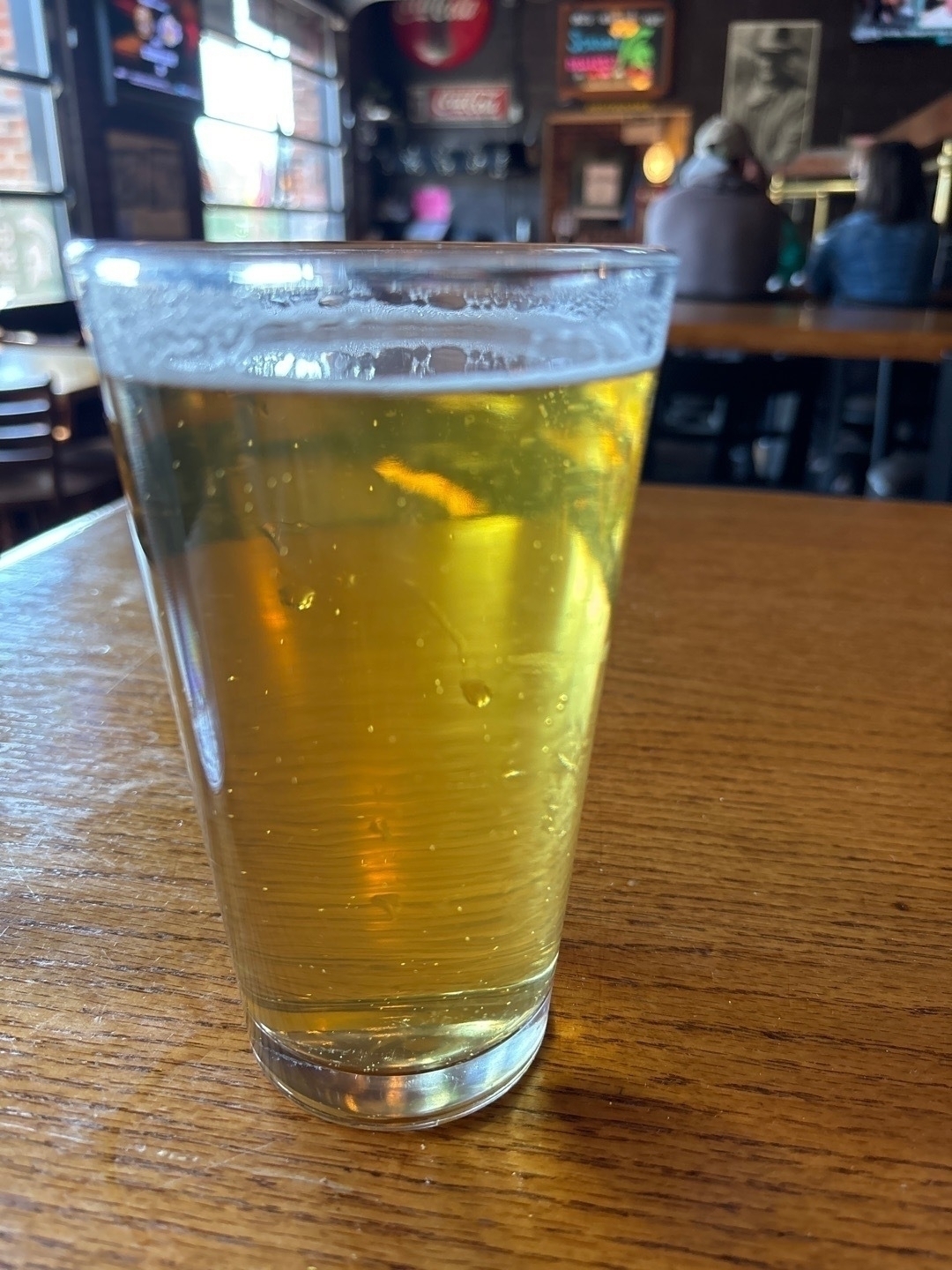
The crew gathered for the first time in over a month in the Tap Room Annex this past Tuesday for the return of Tap Room Tuesday. This little gathering was once called Doubt on Tap, but over the last ten years or so it has become something more than that. It’s become a community.
So, Tuesday nights we gather around the table and discuss things that matter.
Welcome to the Mess
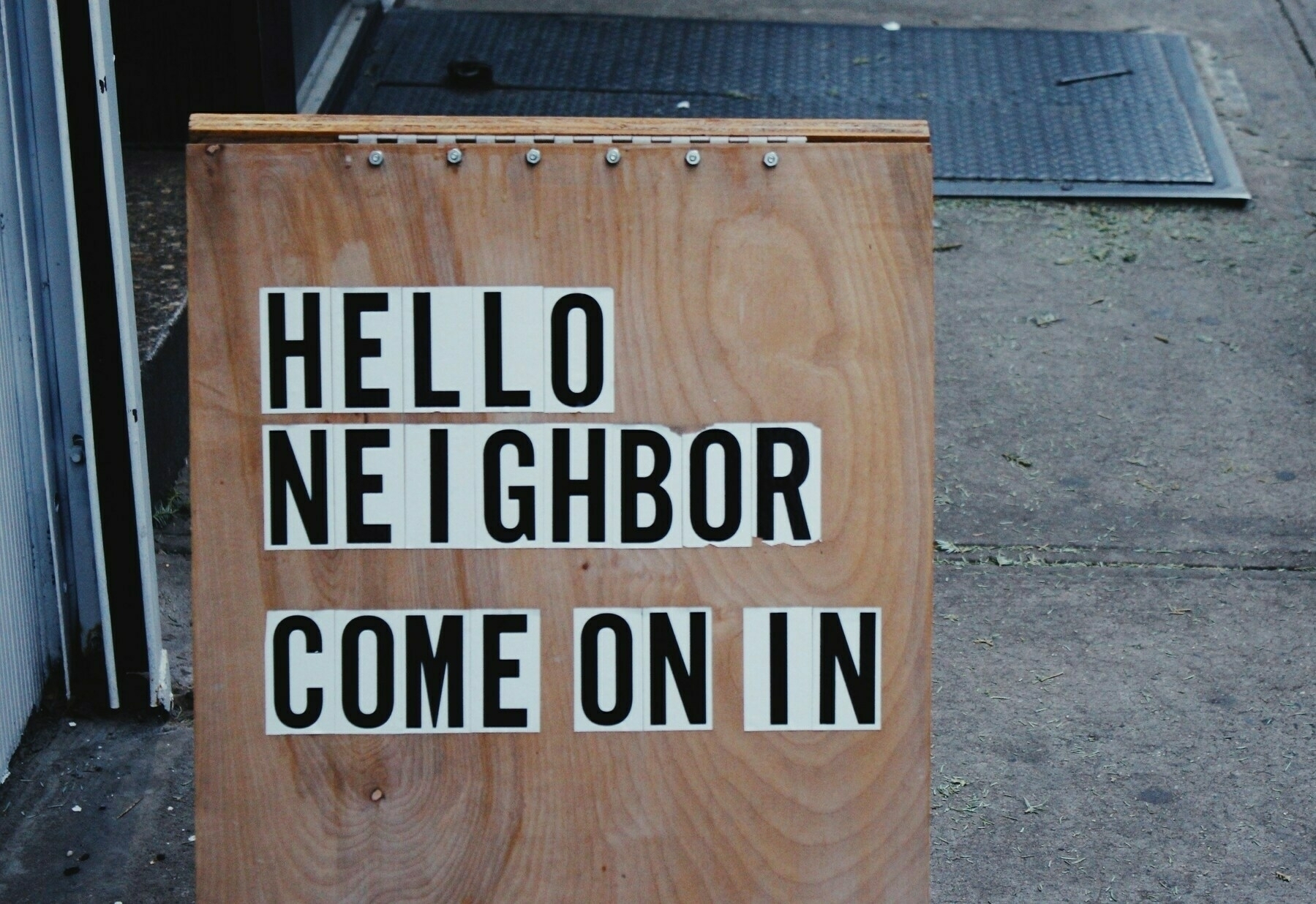
As I look at the landscape of the American church today I see so much that leaves me sad. My social media feeds are flooded with people who are rightly criticizing the American church, it’s not hard to do. We have failed across the board in so many ways. Everywhere I look I can find examples of what not to do. If clicks and popularity in the online space is the primary factor for being online then it appears a Christian “thought leader” or “influencer” can go one of two ways. They can become political megaphones for one side or the other. The other way is to become a constant voice of critique of the Church or a non-stop defender of the Church regardless of the issue.
I confess that there was a moment when I began to be very attracted to simply critiquing everything. It’s so easy. There’s so much to critique.
I didn’t like what I was becoming.
The Gospels
Our survey of the Bible continues as we enter the New Testament and look briefly at the four gospels.